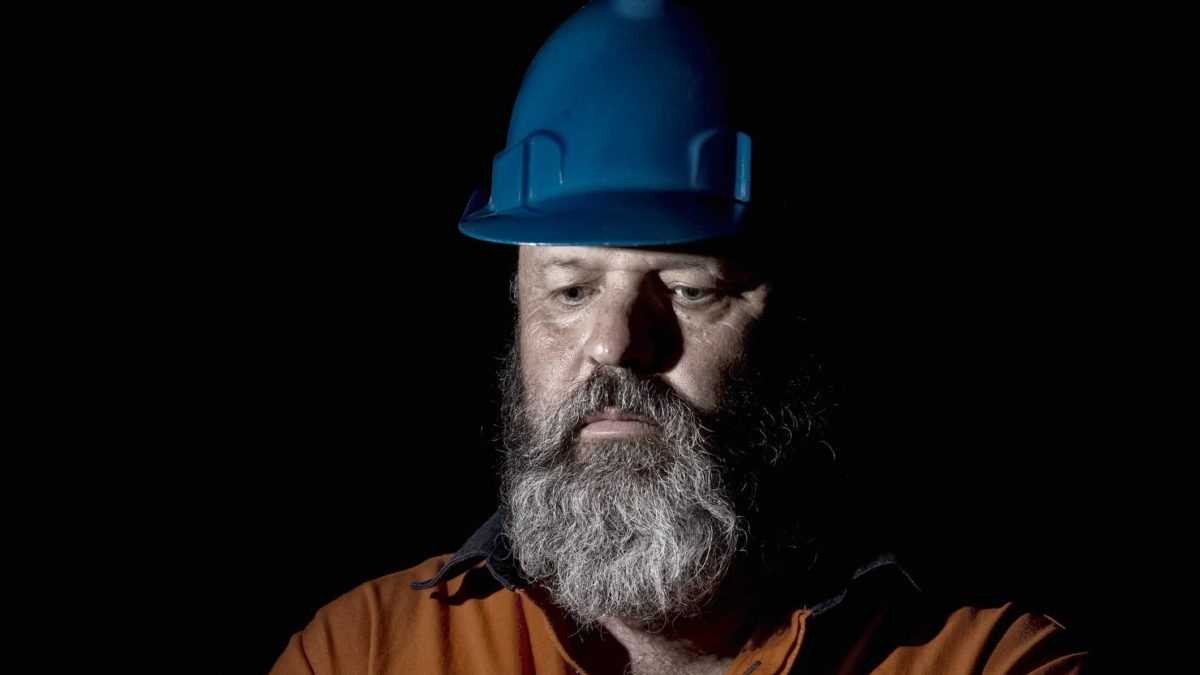The Whitehaven Coal Ltd (ASX: WHC) share price is posting further losses on Thursday. This comes as Chinese policymakers look to stabilise surging coal prices.
At the time of writing, the Whitehaven Coal share price is down 2.62% to $2.97.
China's NDRC to clamp down on coal industry
China's National Development and Reform Commission (NDRC) said in a statement on 19 October it may adopt "limited profit rates, set price limits and implement other interventional mechanisms such as price declaration system and price adjustment filing system to stabilise thermal coal prices," according to S&P Global.
"The current price increase has completely deviated from the fundamentals of supply and demand, and the heating season is approaching, and the price is still showing a further irrational upward trend," the statement said.
Similar to the NDRC's response to surging iron ore prices, it said it will increase inspections and crack down on illegal activities such as spreading misinformation, price collusion, and hoarding.
Iron ore prices have fallen off a cliff following weak demand from China. However, coal demand is expected to remain elevated ahead of China's winter and spring seasons.
"There might be some correction but there won't be a steep drop in prices because China is short on coal [supply]. A steep drop is likely to be seen early next year and not now when it is winter," said a Singapore-based trader, as reported by S&P Global.
Nonetheless, China's action has spooked coal investors. Other ASX-listed producers including Yancoal Australia Ltd (ASX: YAL) and New Hope Corporation Limited (ASX: NHC) have also seen their share prices fall. They are down 2.87% and 1.26% respectively.
Whitehaven Coal share price slides to 1-month low
The Whitehaven Coal share price has so far tumbled 8.6% this week and today hit a 1-month low of $2.91 during early trade.
Investors are likely trying to price-in the impact of China's intervention on its coal markets. After all, China managed to halve iron ore prices following tightening property credit, its Evergrande debt crisis, and weak infrastructure growth.







